

Is there anything that coffee can’t make better? We haven’t found it, and even recent research from England has discovered that caffeine can make cardio enjoyable, or at least less unpleasant. British psychologists gave 12 athletes six milligrams of caffeine for every kilogram of bodyweight and then had them cycle for 90 minutes. (This is a very big dose, by the way—about twice what you get in a typical pre-workout formula.) Researchers monitored the athletes and found, as predicted, that caffeine reduced feelings of exhaustion. The scientists also noted that the subjects were less unhappy about the cardio workout with caffeine than they were without the caffeine. While these two factors might be the sides of the same coin — you tend to be less happy when you are suffering — it helps further explain the performance-enhancing powers of caffeine.

Get Lean With HMB
Beta-hydroxy beta-methylbutyrate, better known as HMB, is experiencing a comeback of sorts. While it was long proven to help recovery in newbie lifters, new research from The Journal of Strength and Conditioning Research shows some serious benefits for experienced gym rats as well. A group of 58 highly trained men were given HMB or a placebo for 12 weeks. At the end of the trial, the group who took HMB had higher testosterone levels and significant increases in aerobic capacity. The biggest news, however, is that the HMB group experienced more advantageous changes in body composition (meaning they lost more fat and gained more muscle) than the placebo group. The daily dose of HMB used in the study was one gram taken three times throughout the day.
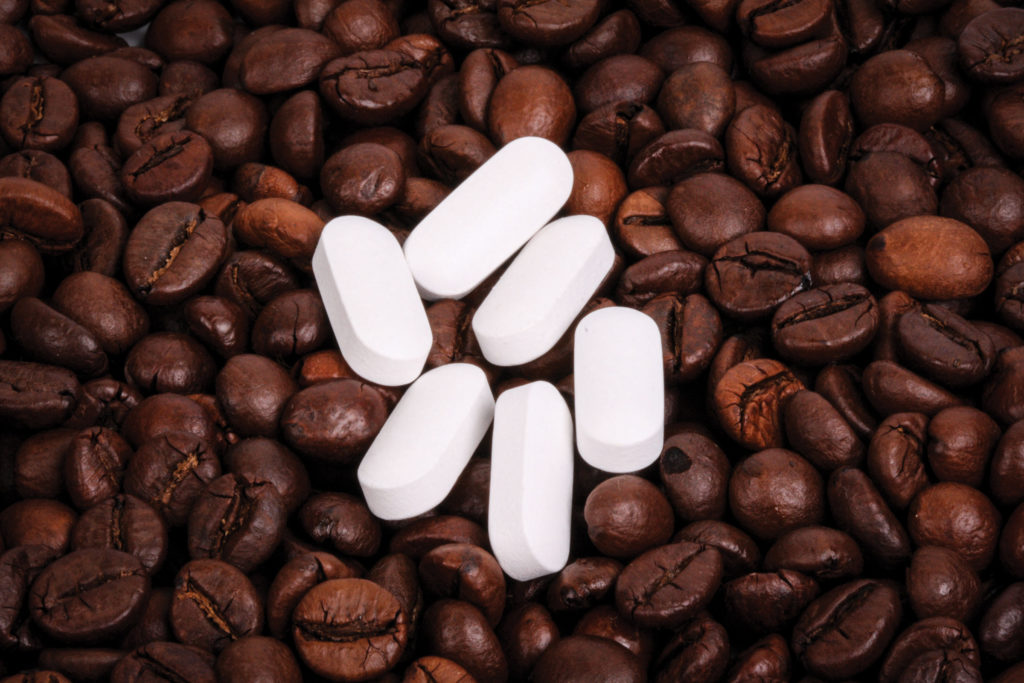
Rhodiola For Racing
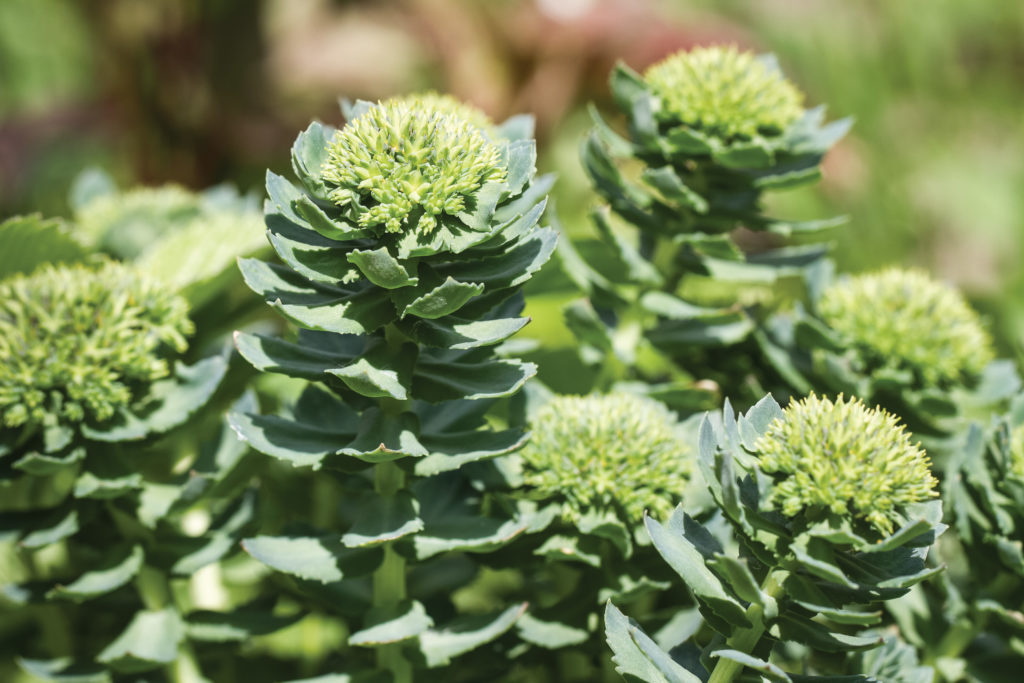
Do you have that friend who is always asking you to sign up for a 5K? If you ever decide to shut him up, pop a capsule of Rhodiola rosea before you start running. A study published in The Journal of Strength and Conditioning Research showed that a single dose of the root substantially improves intense cardio performance. The experiment used recreationally fit subjects and a dose of three milligrams per kilogram of bodyweight. Researchers hypothesized that Rhodiola rosea reduces fatigue because it spurs the body to make more pain-killing endorphins or makes endorphin receptors more sensitive. It is often used by herb experts and naturopaths to help combat, stress, fatigue, and brain fog, so maybe it’s not a bad idea to keep a bottle on hand.
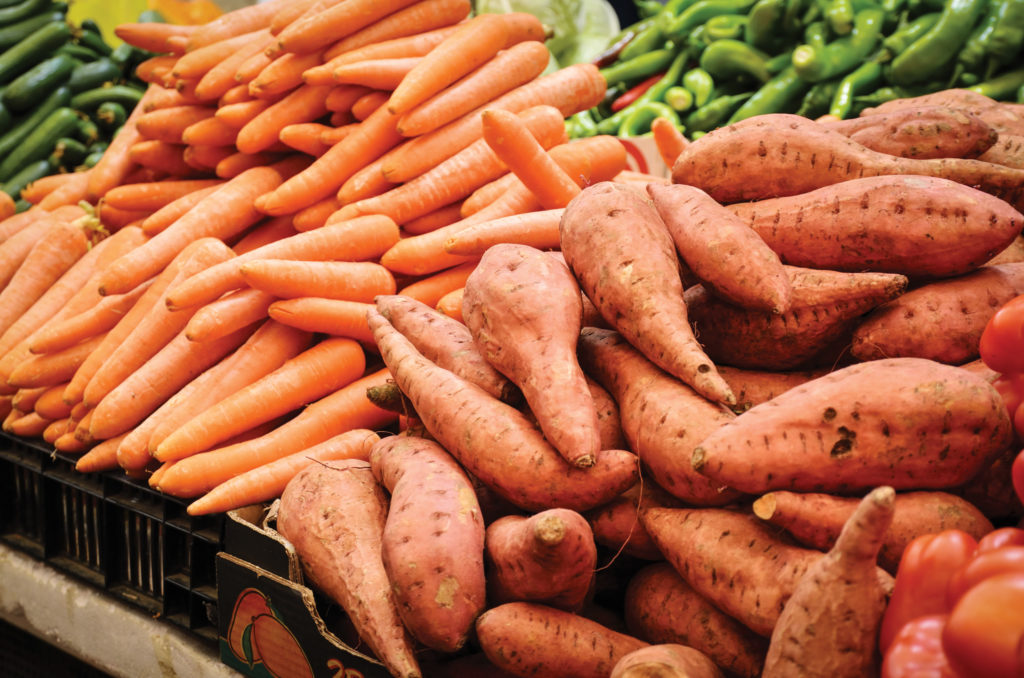
Forget Your Food Budget
The fit lifestyle isn’t a cheap one. While a diet that is heavy on quality protein and fresh fruits and vegetables can be expensive, new research indicates that it’s worth it. According to an epidemiological study carried out by researchers at the Hospital del Mar Medical Research Institute in Spain, spending more money on food is linked to a better-quality diet, and specifically an increased consumption of fruit and vegetables. Consuming more fresh produce leads to a healthier weight and decreased risk of common scourges such as obesity, diabetes, and heart disease. Items such as organic vegetables, grass-fed steak, free-range chicken, and pasture-raised eggs can seem like an extravagant expense in the moment, but all signs seem to indicate that you either pay the grocery store now or pay the doctor later.
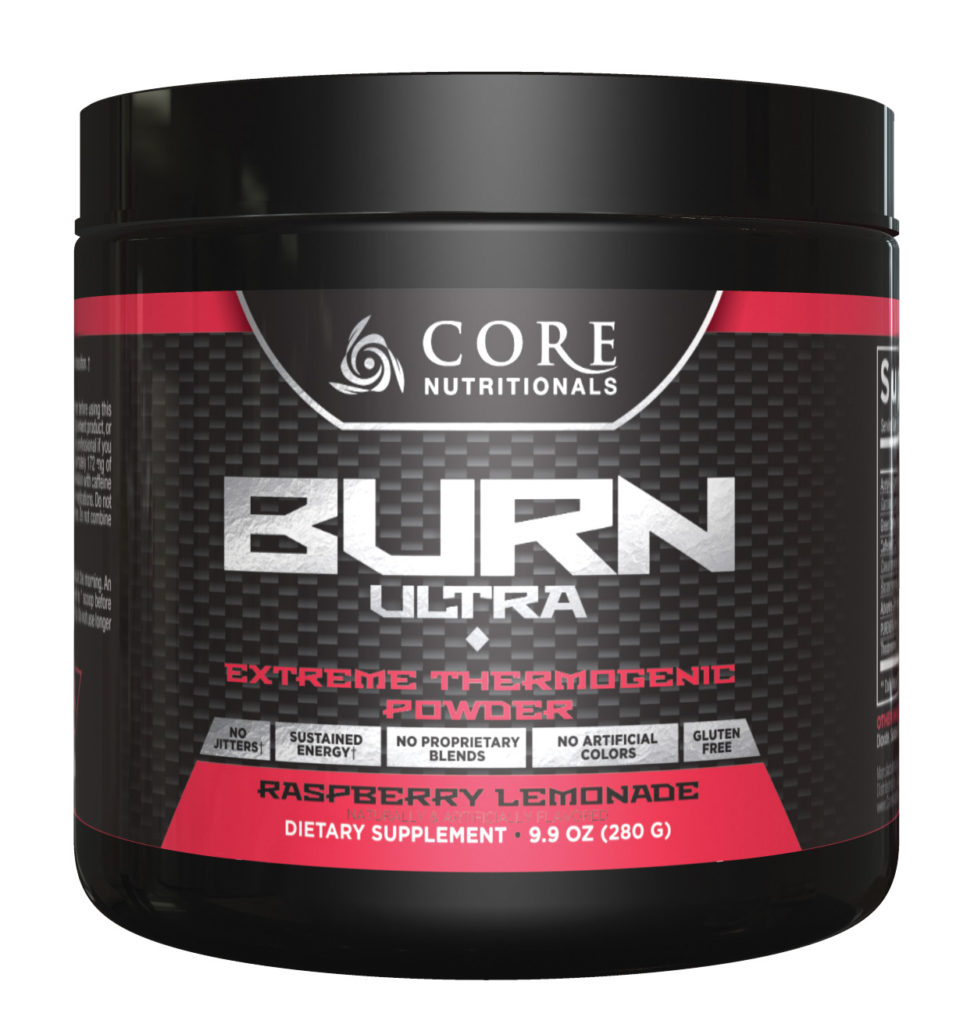
Better With A Virgin

Extra virgin olive oil is thought to be the Dom Perignon of the cooking staple. It’s pure, it’s flavorful, and a new study suggests it can actually make your food more nutritious. A study published in Food Chemistry magazine examined the effect of cooking vegetables with extra virgin olive oil. When vegetables were prepared in olive oil their antioxidant capacity and the amount of phenolic compounds (which prevent diseases such as cancer, diabetes, and macular degeneration) increased significantly. Frying and sautéing vegetables boosted their calorie content, but also improved their nutritional profile more than boiling them in a combination of water and oil. Researchers didn’t roast the vegetables, which might be a happy medium between controlling calories and still getting the increased nutritional uptake from the olive oil.
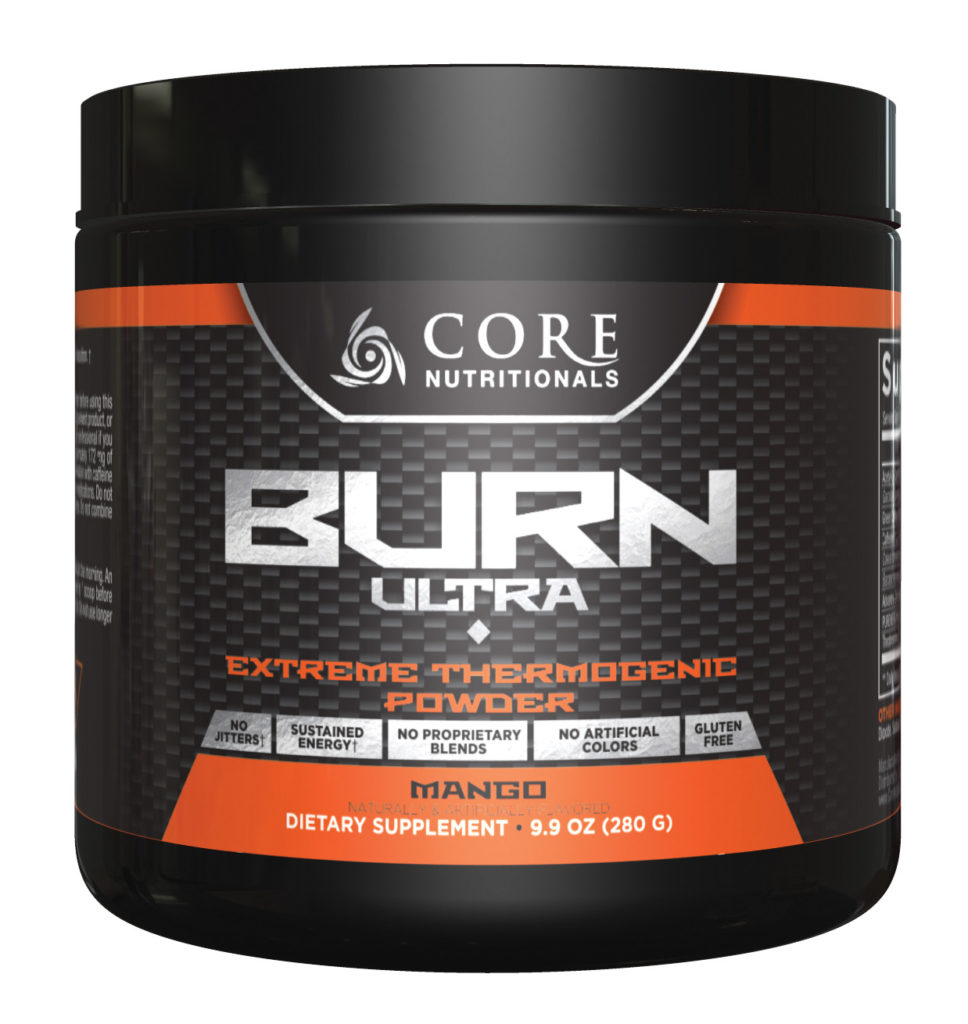
Alpha Males Live Longer
You’ve heard of beta-carotene, the orange-hued antioxidant vitamin that gives carrots their color, but have you hear of alpha-carotene? This cousin of beta-carotene was the subject of several years of research by the American Centers for Disease Control and Prevention. After examining a mountain of evidence, scientists concluded that the higher the level of alpha-carotene in the blood, the lower the risk of dying. This is especially true for those who are overweight or over 45 years old, but is significant for everyone. Notably, this inverse association with dying is independent of lifestyle habits and health risk factor. So no matter how fit and healthy you are, you can still benefit from boosting your level of alpha-carotene.

Be Multi-Organic
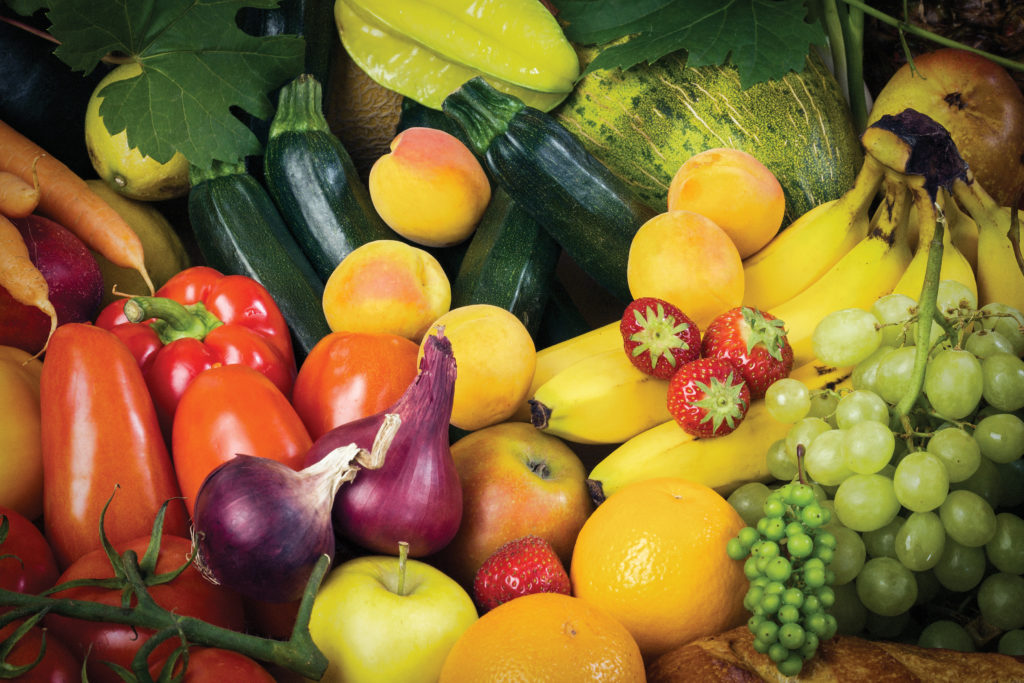
Another salvo was fired in the battle of “Are organic foods BS?” This significant shot is staunchly in favor of choosing organically produced milk and meat. Published in the British Journal of Nutrition, the research cited three benefits for buying organic proteins: 1) Improved animal welfare; 2) Positive impacts of organic farming on the environment; and 3) superior health benefits. Most naysayers agree with the first two reasons, while the perceived nutritional benefits have been at the eye of the debate. To address this, the researchers examined 196 studies on milk and 67 studies on meat. They found that organic products provide higher levels of omega-3 fatty acids, vitamin E, iron, CLA, selenium, and iodine. While the scientists stop short of claiming that organic foods make you healthier or help you live longer, they do feel safe saying that organically produced fare provide significantly greater amounts of valuable nutrients.
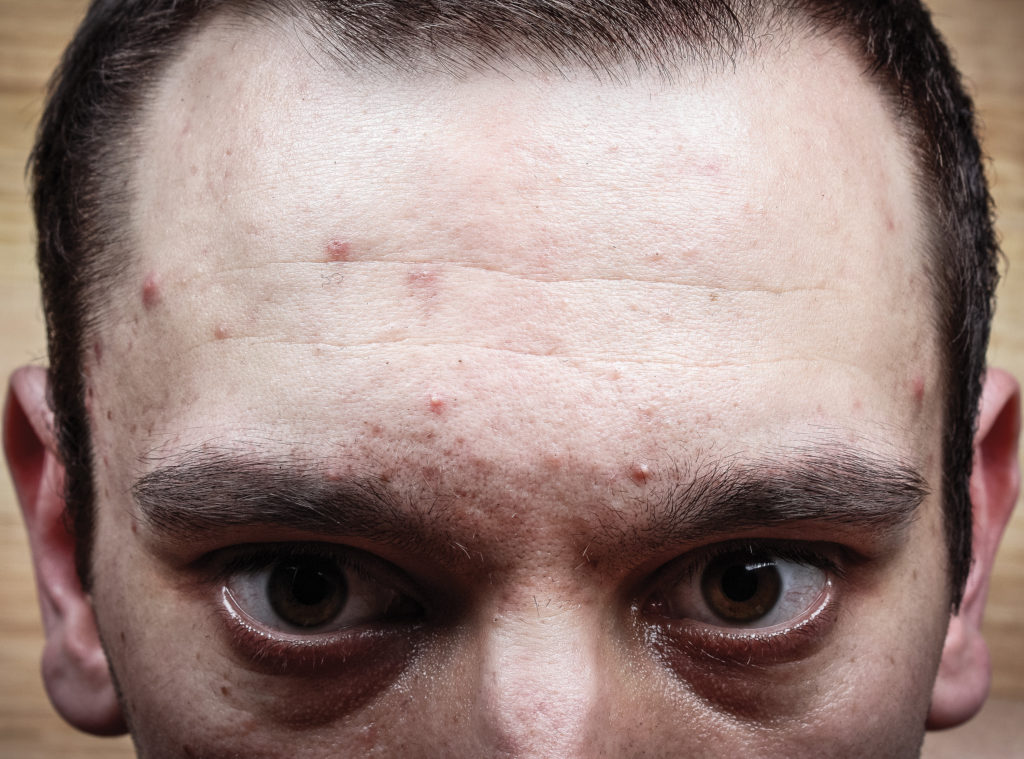
The Acne-Whey Connection
Some individuals, especially teenagers, can have a sensitivity to milk protein that manifests itself in dreaded facial acne. One small study found a connection between blemish breakouts and the milk constituents found in whey protein. All of the participants in the study reacted poorly to traditional acne medications when they were concurrently consuming whey protein supplements. When the whey protein was discontinued, 80 percent of the subjects experienced immediate relief of lesions, while all subjects eventually improved once they quit drinking whey protein. If you think you may have a milk allergy that is being exhibited all over your face, try substituting an egg-based or meat-based protein powder instead. IM






















You must be logged in to post a comment Login